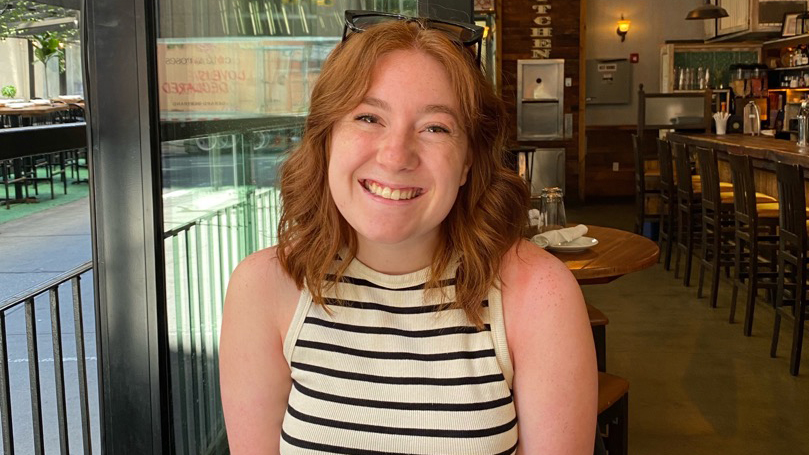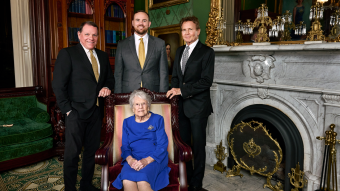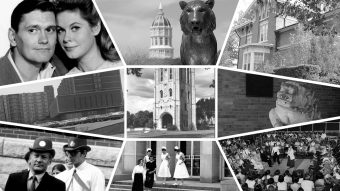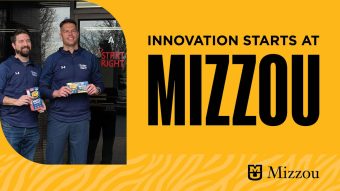
Nov. 27, 2023
During her sophomore year at the University of Missouri, recent graduate Grace Nielson became a peer educator in the Relationship and Sexual Violence Prevention (RSVP) Center. Her journey culminated with the development of the Empathetic Mandated Reporting training for faculty and staff, what she calls the most rewarding experience in her college journey.
Read on for a Q&A with Nielson about her experience at the RSVP Center.
How did working at the RSVP Center impact you?
I have had some of the best mentors within that center who have taught me how to believe in myself and stand up for the things I believe in. One of the things that was so great working at the RSVP Center is that it gave me a sense of empowerment in every aspect of my life. Not just in advocacy work, but in academics and in my home life.
What is something special about the RSVP Center, and what do you hope it continues to do?
You will not find more passionate staff and more dedicated changemakers in any space on campus. They are constantly advocating for all of us, and I think there is something so special about that kind of commitment and dedication to people they don’t know. The other part is the integration of students into all aspects of what they do. The space gives students not just a platform to learn, but a platform to be advocates and grow in their own leadership.
What advice might you have for someone who wants to use the services at the RSVP Center or work for RSVP?
You just need to make that first jump into something uncomfortable and new. If you’re passionate about programming, they will let you plan events. If you are passionate about education, they will let you build presentations. If you are passionate about working with clients and learning about intimate partner violence, they will get you into spaces where you can do those things appropriately.
What work are you most proud of as you reflect on your time at the RSVP Center and what impact do you believe you have had?
I created a training called Empathetic Mandating Reporting that teaches faculty and staff about how to be empathetic to students when they disclose sexual misconduct while still maintaining their obligation as a mandated reporter. I presented it to 150 faculty and staff over the past year or so, and the conversation has been great.



